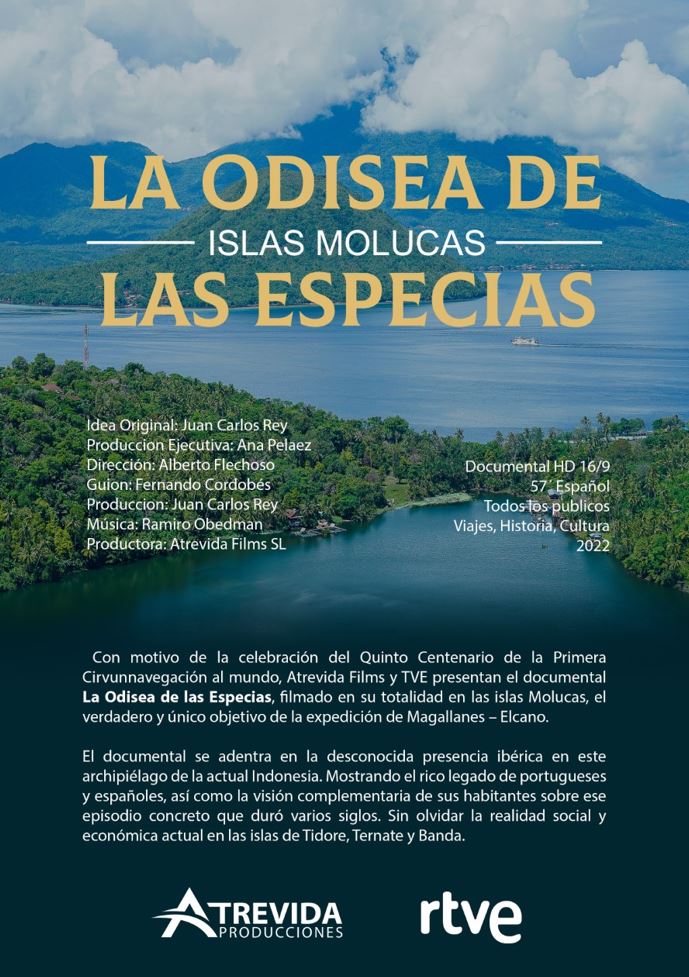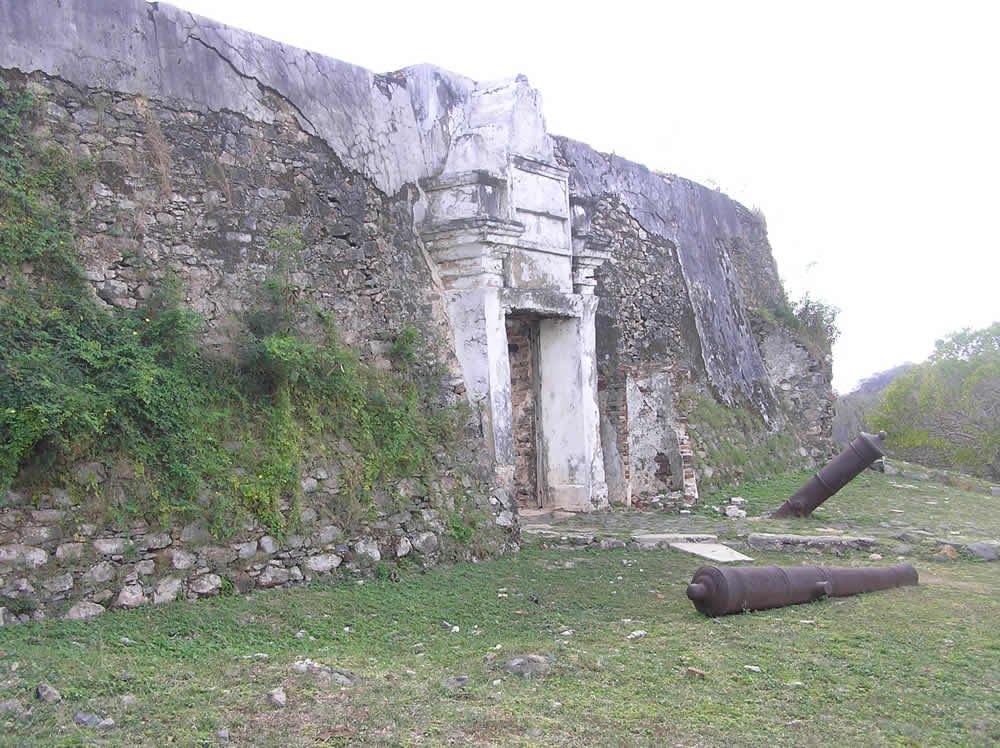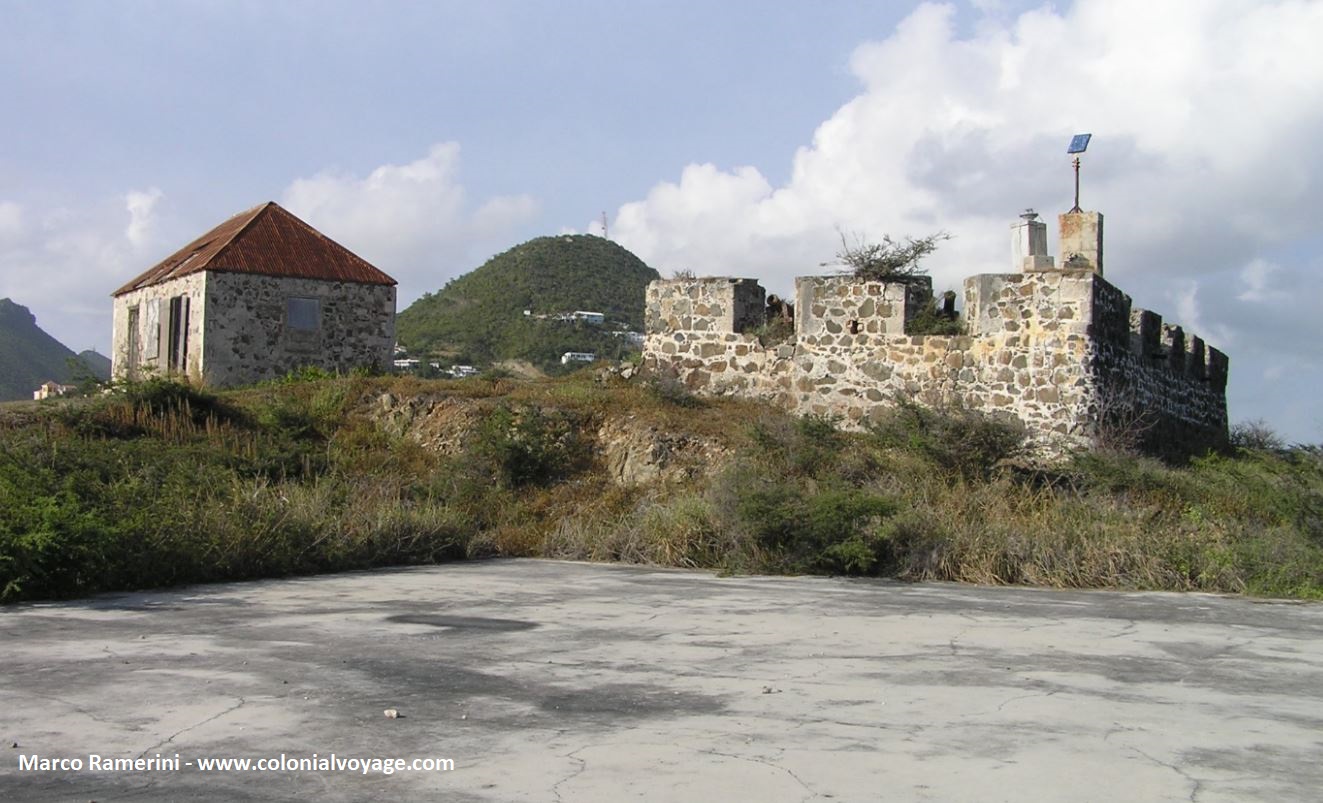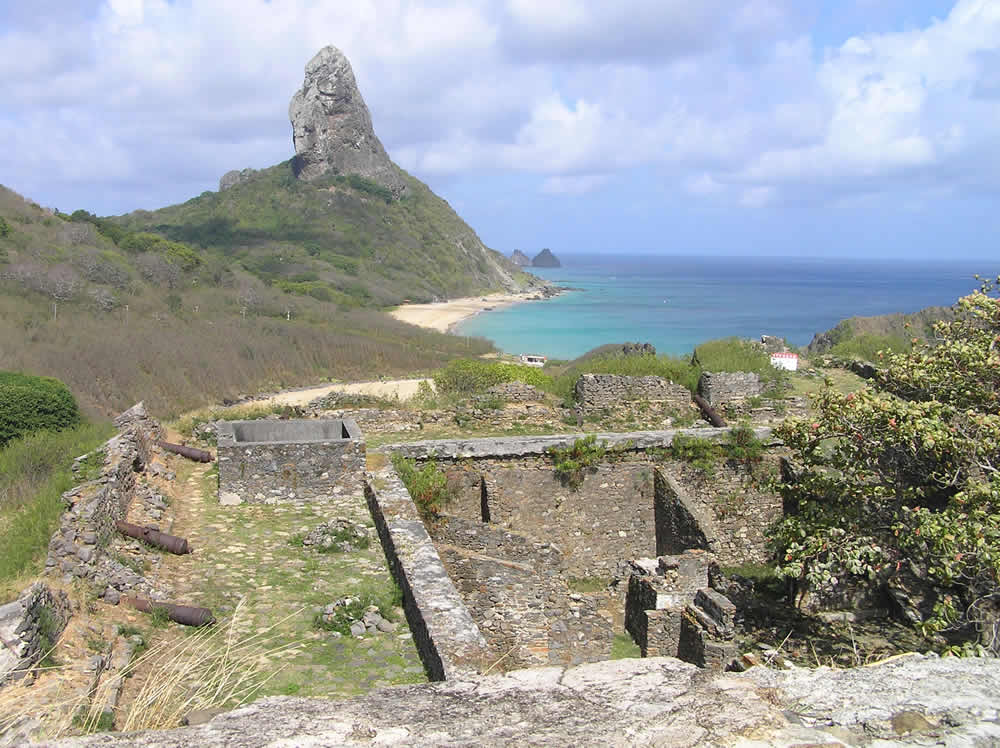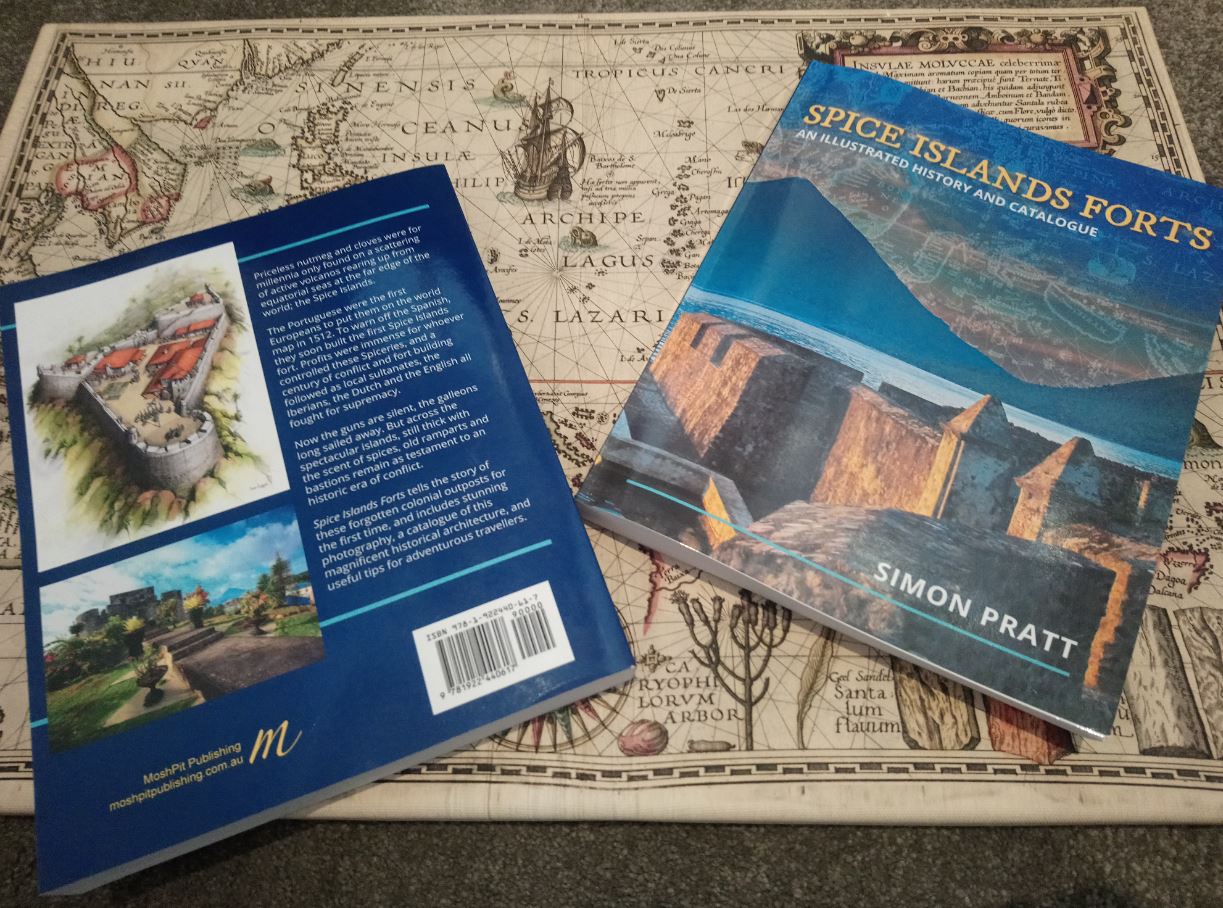When the fifth centenary of the first trip around the world (1519-1522) is commemorated, the ultimate goal of which was to reach the Moluccas Islands and obtain access to the spices of these islands for the Spanish crown, the documentary The Odyssey of the Spices is presented. This historical documentary, off approximately 55 minutes, is […]
